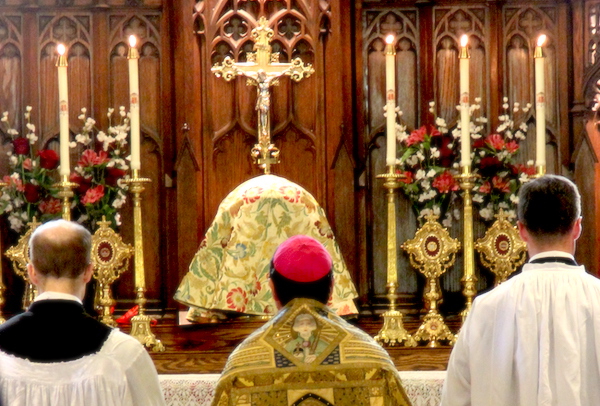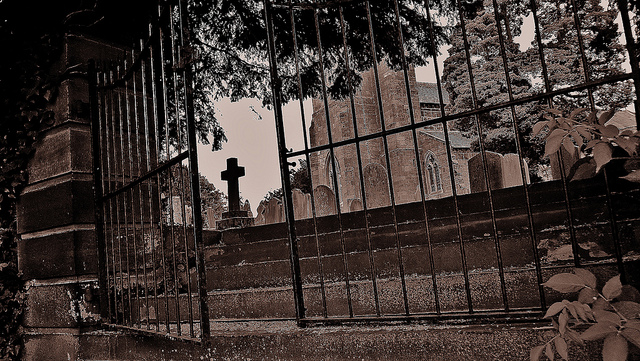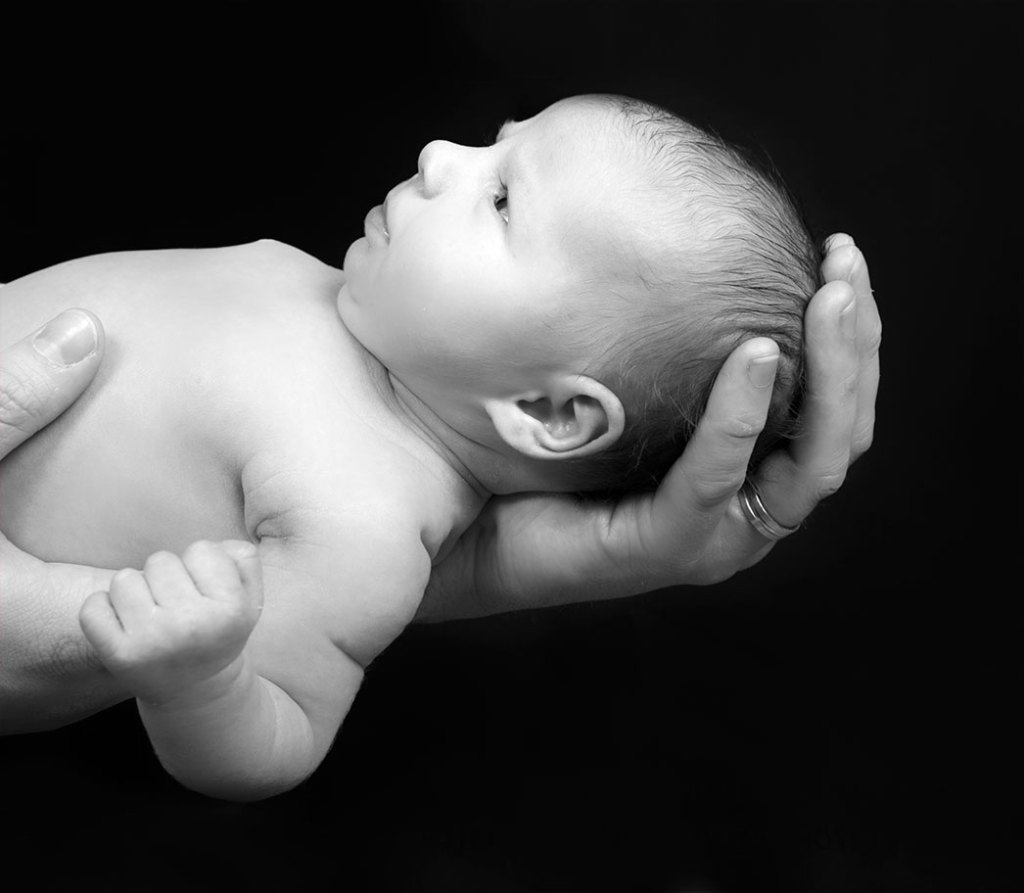Does God Hate Sex?

Have you ever thought that God hates sex?
Maybe it’s because the Bible has lots of rules that seem to restrict our freedoms and that cause us to miss out on the ‘fun’ and ‘naughty’ side of sex?
Well, if that’s the case, then you’ve probably never read ‘The Song of Songs’.
This book of the Bible talks openly and unashamedly about sex, and its mention of private parts and private acts is enough to make anyone blush.
Throughout history some people have thought that the intimate love portrayed between the husband and wife was only just describing the love between Jesus and his church.
These people couldn’t cope with thinking that this saucy sex was in the Bible.
But God is pro-sex, and he made sex to be celebrated and enjoyed.
But like any good thing, it can easily be damaged if it’s not used according to its maker’s instructions.
And that’s why we learn in Song of Songs that true sex is wonderful, honourable, secure and committed.
It’s designed to be between a married man and a women, who together preserve this remarkable gift from God.
So instead of seeing God as some sort of spoil sport, we should see his words in the Bible about sex as the kind of wisdom that is worth a fortune.
The Song of Songs shows sex to be mind-blowingly good, but it also makes it clear that this powerful tool has the potential to cause real harm when it’s not used according to its maker’s instructions.
We carry this glorious love poem around inside our Bibles, so it is good for us to read it, and understand it.
And so, over the next four weeks, we’re going to study this remarkable book of the Bible, and whether you’re old or young, married or single, male or female, this will be a spiritual journey not to be missed!
The talks will run on 9-10, 16-17, 23-24, and 30-31 March 2019 at both our 5pm Saturday and 9am Sunday services at Jamberoo Anglican Church.
JODIE McNEILL









